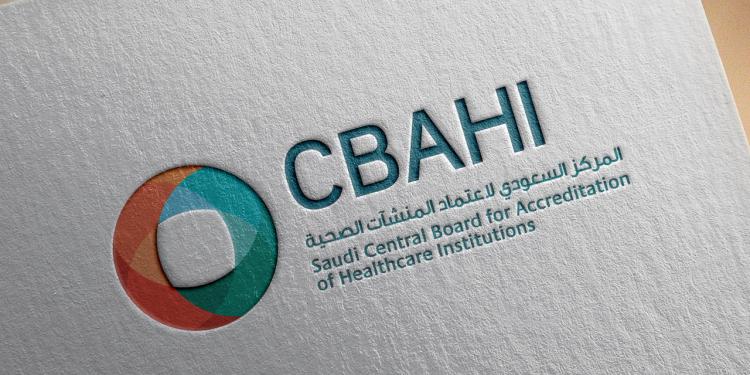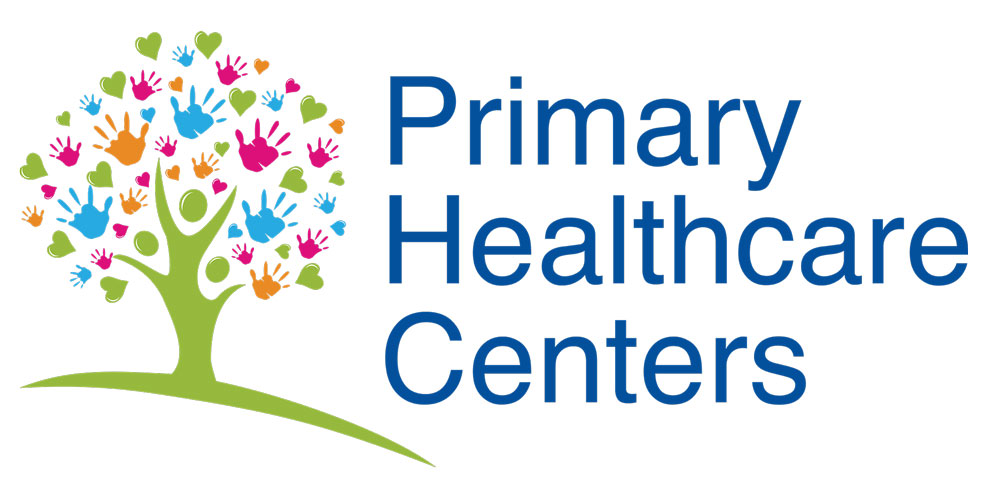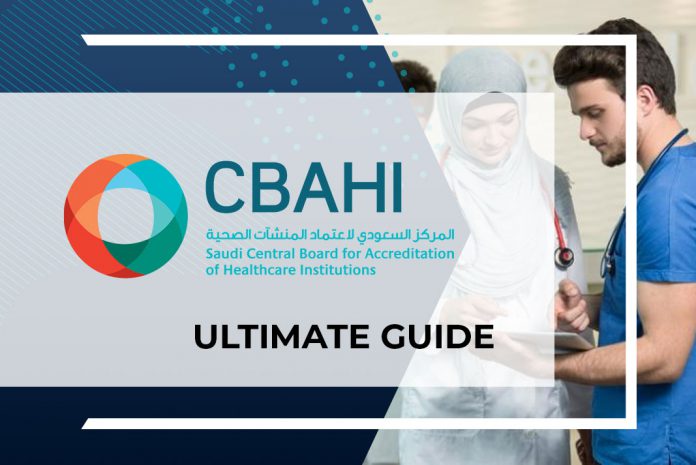Content
- What is Healthcare Facility Accreditation?
- What is CBAHI?
- CBAHI Types of Standards
- CBAHI Accreditation Benefits
- CBAHI Accreditation Programs
What is Healthcare Facility Accreditation?

Healthcare facility accreditation is an evaluation process that includes a rigorous, transparent and comprehensive evaluation by an independent/external accreditation body.
The healthcare facility is subjected to testing of its systems, processes and performance by competent auditors and evaluators, to ensure that they are conducted in a manner that meets the pre-determined and applicable national published standards, before the external evaluation that is, the evaluation visit
The health care facility should carry out a comprehensive self-assessment to determine its level of readiness And the extent of its distance or proximity to achieving full compliance with the standards, accreditation represents a general recognition by the Healthcare accreditation authority that the healthcare facility has achieved a satisfactory level of commitment to the application of accreditation standards.
What is the Saudi Central Board for Accreditation of Healthcare Institutions (CBAHI)?

The Saudi Central Board for Accreditation of Healthcare Institutions (CBAHI) is the official authority that is authorized to grant quality certificates to all health facilities, whether governmental or private, operating in the Kingdom of Saudi Arabia.
CBAHI emerged from the Saudi Health Council, which is a non-profit organization, and it mainly evaluates health facilities with the aim of determining the extent of their commitment to implementing the quality and patient safety standards designed by the center for this purpose.
Obtaining national accreditation by the Saudi Center for Accreditation of Health Facilities is mandatory for all government and private healthcare facilities in Saudi Arabia, according to the Saudi Health Council decision in 2012.
The Saudi Ministry of Health requires the application of the national accreditation standards set by CBAHI, and prove this by obtaining an accreditation certificate as a future requirement for continuing to license healthcare facilities under the Ministry’s supervision.
Download CBAHI Corporate Profile
The accreditation standards in CBAHI are divided into eleven departments, and the healthcare facility that wants to be accredited by CBAHI must apply the standards of the meant departments according to the facility’s specialization. These sections are:
- Leadership of the Organization (LD)
- Provision of Care (PC)
- Laboratory Services (LB)
- Radiology Services (RD)
- Dental Services (DN)
- Medication Management (MM)
- Management of Information (MOI)
- Infection Prevention and Control (IPC)
- Facility Management and Safety (FMS)
- Day Procedure Unit (DPU)
- Dermatology & Aesthetics Medicine (DA)
The total number of CBAHI accreditation standards in the eleven departments are 133 standards, and for accreditation the health facility must obtain 85% in these standards in general, and there are 7 standards called Core standards referred to by the letter (C) in the standards. The final score must be obtained in these standards. The seven criteria, and at least 50% of the criteria applied to the healthcare facility must be fulfilled; That is, 85% of the total must be obtained for the healthcare facility in order to be approved by CBAHI.
The seven core standards are related to:
- Licenses for all facility employees
- Their clinical validity
- Learn about patients
- Radiation Safety Program
- Insurance program
- Sterilization program
- Safe disposal program for harmful waste
CBAHI believes that achieving a higher level of quality and patient safety in health care facilities is a comprehensive, integrated process that is not only related to clinical care services provided by medical staff but extends to all components of health care service, including standards, specifications, construction, design and operating systems.
The standards of CBAHI Are of Three Main Types:
Structure Standards
- Input’s criteria (Infrastructure) system inputs, such as available hospital beds, manpower, hospital building design, availability of personal protective equipment for health workers, such as gloves and masks, and availability of equipment and supplies, such as microscopes and laboratory reagents.
Activity & Procedure Standards (Procedural)
- The (procedural) activity and procedure standards deal with clinical and administrative activities or interventions that take place within the hospital in patient care or in hospital administration. Examples include patient evaluation, patient education, drug administration, and the like.
Outputs Standards
- Output criteria consider the evaluation of the benefits of the interventions and whether the expected purpose of the activity has been achieved. These criteria provide information on the extent to which the predicted results are achieved. Examples of outcome indicators include mortality rates, foreign body retention after surgery, airway embolism, blood incompatibility. , Bedsore, catheter and vascular infection, catheter-related urinary tract infection, and manifestations of decreased blood sugar control.
CBAHI Accreditation Benefits
- It provides a framework for the organizational and administrative structure from which, the facility managers and leaders are getting many benefits.
- Helps improve patient safety and reduce the risk of impending accidents, negative consequences, and medical errors.
- It enhances community confidence in the quality and safety of the care provided.
- Provides healthcare facilities with useful and objective assessments from experienced residents of clinical and administrative operations, as well as effective proposals aimed at further improving their operations and services to the community.
- It proves (in the long term) increased efficiency and promotion of zero-waste practices, which translates into reduced waste and more optimal results with less consumption of resources.
- It helps to improve the competitiveness of the healthcare facility.
- Better compensation by increasing the confidence of patients, insurance companies, and other third parties.
CBAHI Accreditation Programs
CBAHI has 3 main accreditation programs and it will be discussed in more details below.
It includes accreditation programs for hospitals, primary healthcare centers, and clinical laboratories and blood banks.
Hospitals Accreditation Program

This program was launched for all hospitals in the public and private sectors in the Kingdom that provide health care services at the secondary, tertiary and quadruple levels. Hospitals of all kinds currently operate in the Kingdom as a main line of defense and provide the main center for health care services to more than 31 million people, given their important role with the size of Significant impacts of high risk.
Eligibility for accreditation:
All hospitals licensed to practice health care in the Kingdom of Saudi Arabia are eligible to obtain accreditation from the Saudi Center for Accreditation of Health Facilities. However, the conduct of the evaluation visits is subject to all of the following requirements being fulfilled:
The hospital meets all requirements for operating licenses (and therefore has a valid license when required) as indicated in the articles of association and regulations of the Ministry of Health.
The hospital meets any additional licensing requirements as indicated by other relevant authorities (most notably a valid certificate from the Civil Defense and any licensing requirements related to radiation issued by the King Abdul-Aziz City for Science and Technology.
The hospital meets the legal definition of a hospital in accordance with the regulations of the Ministry of Health and international directives and guidelines in this regard:
Licensed as a hospital under the laws governing health care institutions in the Kingdom of Saudi Arabia.
It has organized employees in healthcare (physicians and continuous nursing services under the supervision of registered nurses and technicians).
It has permanent, full-time facilities including inpatient beds to provide inpatient care (i.e., accommodation and admission).
It provides diagnostics (it has laboratory and radiology services) and medical or surgical treatment that is primarily for but not limited to critically ill and injured patients. (This guide is not for facilities providing treatment for mental patients or for those providing treatment in private inpatient care facilities, i.e. (long-term care facilities).
The hospital Provides emergency and intensive care services.
The hospital provides health care services in accordance with the national hospital standards issued by the Saudi Center for Health Facilities Accreditation.
The hospital must be in operation for at least (12) months prior to the evaluation visit.
Download the list of CBAHI accredited hospitals
Download CBAHI Standards 3rd Edition ($100 Value Free Gift)
Primary Healthcare Centers Accreditation Program

Primary health care facilities provide basic preventive and curative care, and thus it is considered the cornerstone of healthcare in the Kingdom of Saudi Arabia. With more than 2,000 primary health care centers in the Kingdom, improving performance standards and establishing safety guidelines is a top priority for the Saudi Center for Accreditation of Health Facilities.
Eligibility for Accreditation
All primary healthcare centers licensed to practice healthcare in the Kingdom of Saudi Arabia are eligible to obtain accreditation from CBAHI according to the following criteria:
The center provides primary health care services in accordance with the national standards for primary health care centers established by the Saudi Center for Accreditation of Health Facilities.
The center meets all requirements for operating licenses (and therefore has a valid license when required) as indicated in the articles of association and regulations of the Ministry of Health.
The center must be in operation for at least (6) months before the evaluation visit.
The Accreditation Program for Clinical Laboratories and Blood Banks

The crucial importance of quality control and safety measures in clinical laboratories and blood banks is indisputable, clinical laboratories are an essential part of diagnosis and treatment, physicians rely heavily on laboratory results in diagnosis, prescribing of medication, and weighing its effectiveness without steadfast commitment to accuracy.
Incorrect results may adversely affect the diagnosis And treatment, which could cause serious damage to patient’s health or even death, the reputation of the physician, the laboratory, and especially the healthcare organization is jeopardized with each test in addition to major health concerns, neglect may lead to legal consequences.
Eligibility for Accreditation
The reference laboratory is known as the laboratory that performs high-quality, affordable, and voluminous testing and specialized examinations on biological samples transferred from hospitals, clinics and other laboratories. All licensed independent or hospital-based laboratories that provide laboratory services and blood products to hospitals, clinics and other laboratories are required to register and enroll in the Saudi Center for Accreditation of Health Facilities accreditation program. However, eligibility to undertake evaluation visits is subject to fulfilling all of the following requirements:
The laboratory meets all licensing requirements to operate (and must possess a valid license) as indicated in the laws and regulations of local healthcare authorities.
The laboratory must meet any additional licensing requirements according to what is indicated by other relevant authorities (most notably the valid certificate from the Civil Defense and any requirements related to radiation licensing).
That the laboratory meets the legal definition of the Central Blood Bank / Reference Laboratory in accordance with local and international guidelines in this regard.
The laboratory must have completed at least 12 months in operation prior to the on-site evaluation visit.
Download the list of CBAHI accredited clinical laboratories and blood banks
Acquisitions ai Anxiety artificial intelligence coronavirus coronavirus vaccine covid-19 covid19 covid19 updates covid19 vaccine dental dental health Dental implants Diet digital health digital health platform digital marketing Egypt EHR email marketing Exercise fitness health healthcare investment health insurance Healthy Healthy lifestyle hospitals marketing Medical Billing Medical Coding medical equipment mental health Nurse nurses Nursing nursing career oral health pharmaceutical pregnancy Saudi Arabia Sleep telehealth telemedicine UAE



